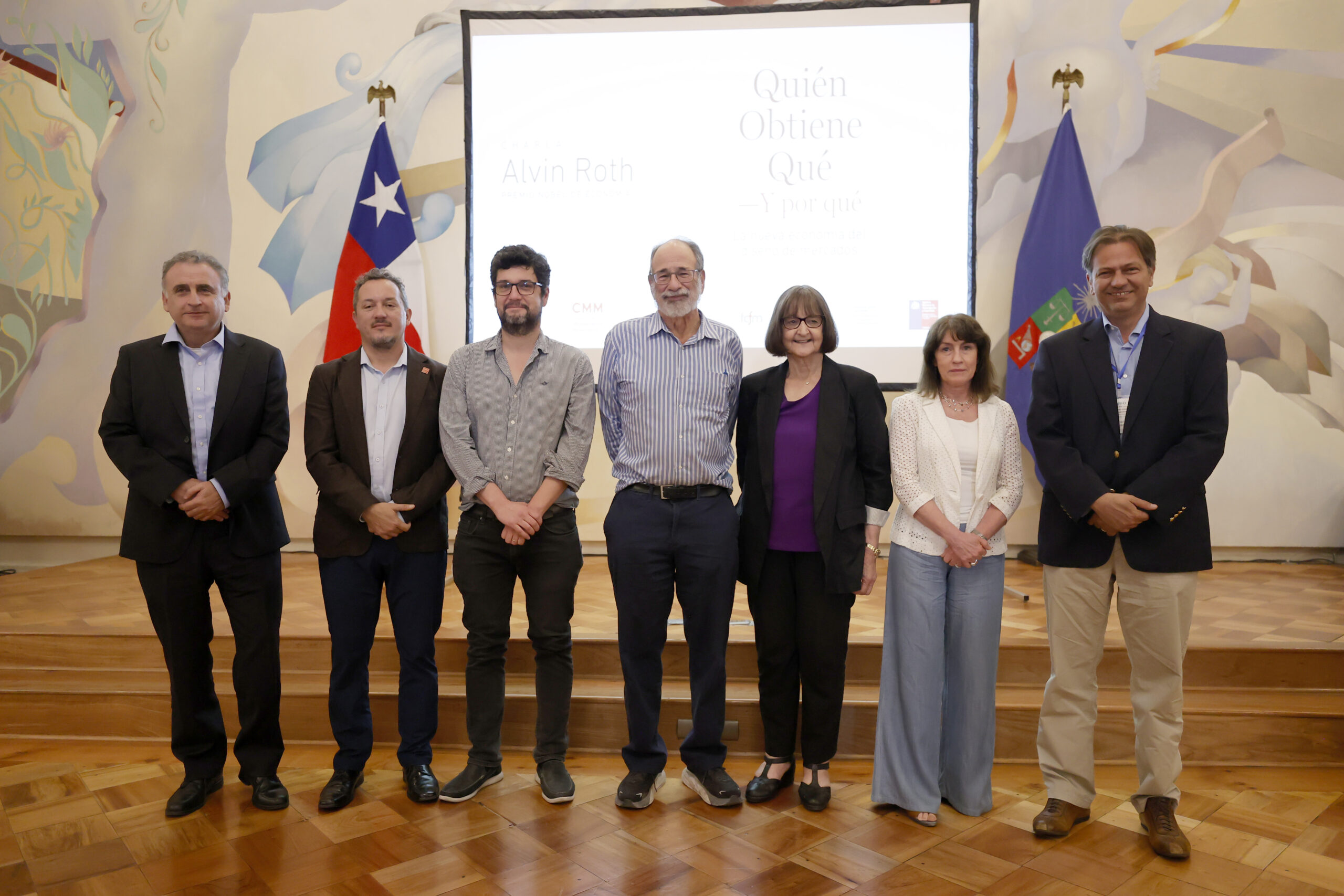
At the Casa Central of the Universidad de Chile, the U.S. scholar detailed market design and matching markets, analyzing some school admission systems worldwide, including Chile’s. He also presented one of his most notable achievements: designing efficient systems for kidney exchange between donors and recipients. “Chile is one of the leaders in school choice but not a leader in kidney transplantation,” he said.
On Wednesday, December 20, the 2012 Nobel Prize in Economics and prominent American professor, Alvin Roth (72), gave the keynote lecture “Who gets what and why: The new economics of market design”, in the Hall of Honor of the Casa Central of the University of Chile.
“I am delighted to be here at the University of Chile, it is a famous university and it is a great center for market design, a huge pleasure to be here,” said the guest scholar.
“Alvin Roth is what we could call the engineering economist. His work consists of designing and creating new markets that make it possible to allocate scarce resources more efficiently and equitably,” said José Correa, Vice Rector for Information Technologies, who was in charge of introducing Professor Roth.
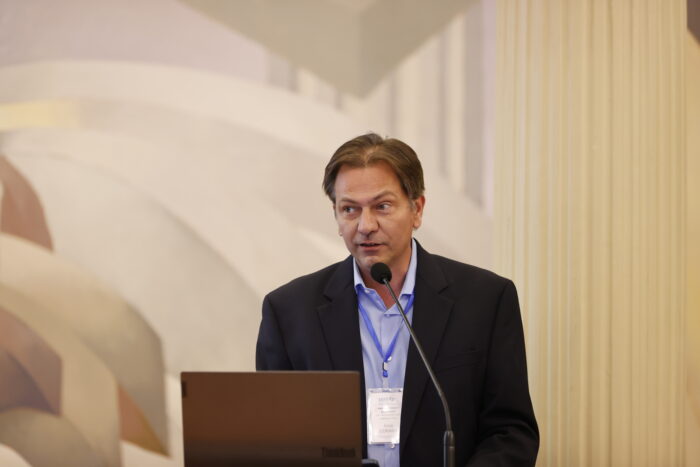
The event brought together hundreds of people around Roth’s exhaustive analysis in game theory and experimental economics, which has had a significant impact on society due to his contribution to the field of organ donation. The latter, specifically, in the design of efficient systems for the exchange of kidneys between donors and recipients.
Thanks to the aforementioned work of the economist, in 2012 the United States achieved the longest donation chain in the world. There, 30 patients received kidneys from unknown donors, in a complex process that lasted four months and involved 17 hospitals in 11 states. This scientific finding earned him the Nobel Prize in Economics, together with Lloyd S. Shapley, from the University of California (UCLA).
During his presentation, Alvin Roth analyzed the School Admission System (SAE) algorithm in Chile, a crucial tool that directly affects thousands of students and their families in the admission process to the country’s educational institutions. In this regard, he assured that Chile is one of the world leaders in this area and that the progress that has been made in the country is admirable.
This system is based on a sophisticated computational algorithm programmed and implemented by academics from the Department of Industrial Engineering (DII) of the Faculty of Physical and Mathematical Sciences (FCFM) of the University of Chile, together with the participation of three centers of excellence: the Millennium Institute for Market Imperfections and Public Policy (MIPP), the Center for Mathematical Modeling (CMM) and the Institute of Complex Engineering Systems (ISCI).
The economist closed his presentation by explaining the algorithm –within game theory– to regulate the design of markets, according to supply and demand, which led him to win the prize awarded by the Swedish Academy of Sciences, and emphasized that international collaboration is needed in South America for kidney transplants.
“When we talk about a free market, we should not think of one without control, but rather a market with well-designed rules that make it work well,” he said, adding that “a market that can function freely is like a wheel that can turn freely: it needs a well-oiled axle and bearings. How to provide that axle and keep those bearings well-oiled is what market design is all about.”
Therefore, he stressed, “markets are human artifacts, they are tools that we build ourselves to help us.”
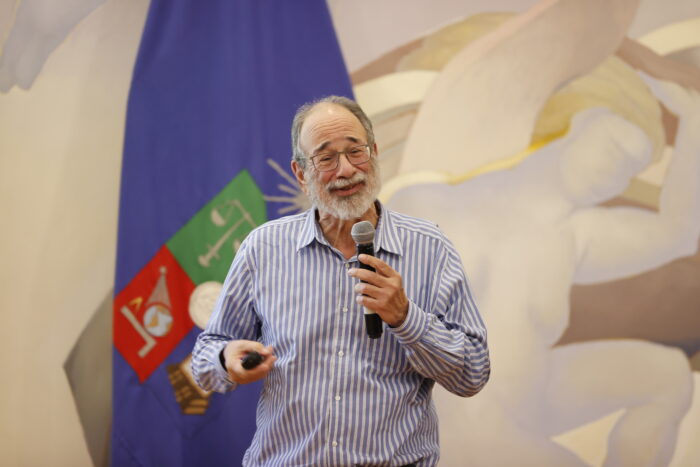
The Rector of the University of Chile, Rosa Devés, expressed that “sharing knowledge is a central part of our mission, especially that knowledge based on original theoretical developments that is applied to the solution of complex problems with a fair and supportive perspective, as is the case here”.
“All our admiration for Alvin Roth’s vocation to do science at the service of people’s choices and to facilitate the use of rules that contribute to make these decisions fair, objective and transparent,” added the highest authority of the Casa de Bello.
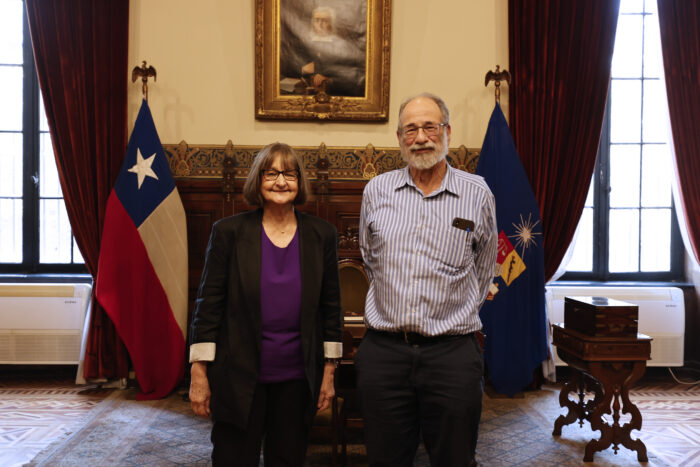
The director of the MIPP Millennium Institute, Juan Escobar, declared that “market design is one of the three lines of research of our institute. Much of our work in this area has been inspired and motivated by the fundamental work of Alvin Roth and other giants, such as Paul Milgrom and Bob Wilson, also a Nobel Prize winner. This visit by Professor Roth has allowed us to exchange ideas and showcase our advances in frontier research.”
“For CMM it is of great interest to organize this talk, together with MIPP and Industrial Engineering, as it highlights the importance of fostering a multidisciplinary environment to address complex challenges in society. This event shows the power of bringing together experts from different fields – in our case, mathematics, and economics – creating opportunities for innovation and impact,” said the director of the Center for Mathematical Modeling, Héctor Ramírez.
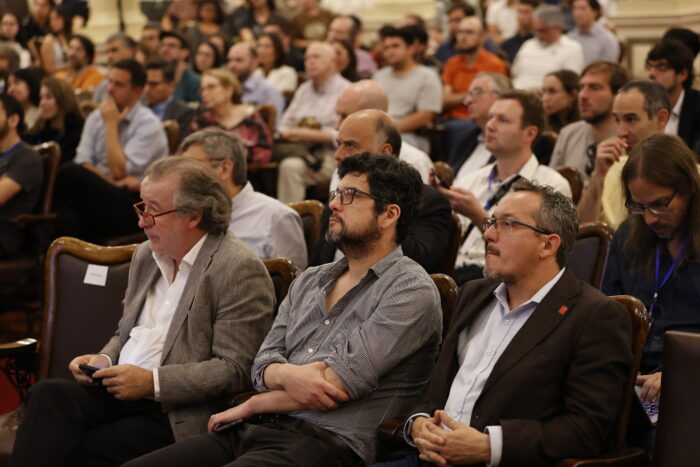
The event, organized by the MIPP, the CMM and Industrial Engineering of the U. de Chile, was attended by Alejandra Mizala, the university’s prorector; José Correa, vice-rector of Information Technologies; and Francisco Martínez, dean of the FCFM, as well as other members of the university community.
During his visit to Chile, Alvin Roth also participated in the “Workshop in Market Design”, organized by the MIPP and the Anillo Project of the Department of Industrial Engineering (DII), held between December 18 and 20 at the Beauchef Campus of the University of Chile.
Watch below the complete talk:
In addition, we leave you some photographs of the event:
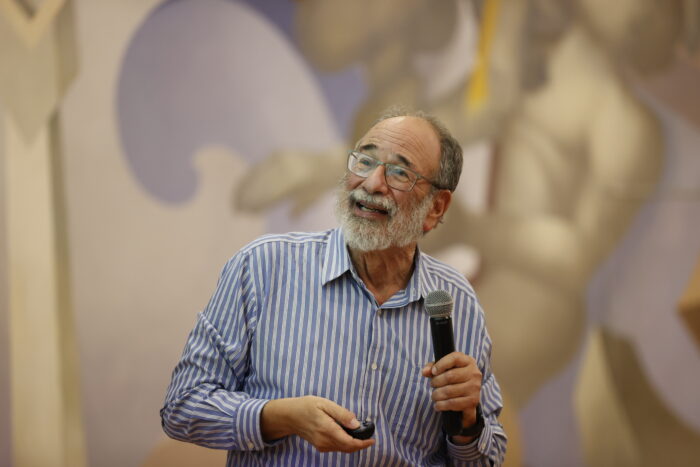
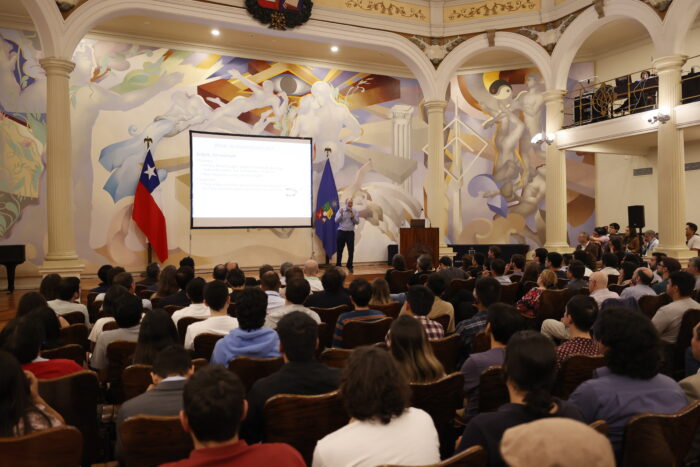
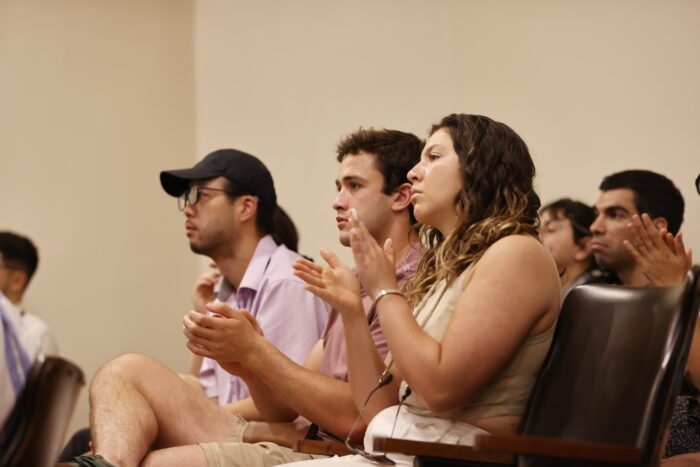
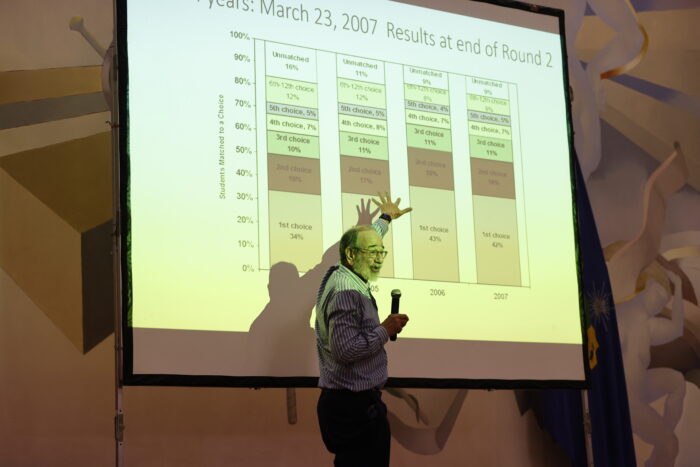
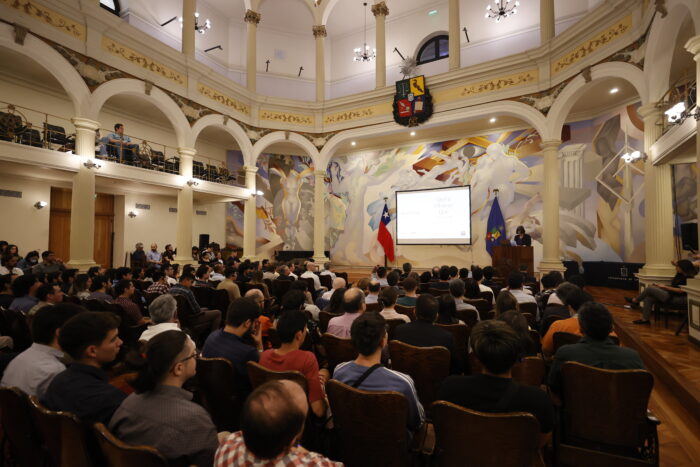
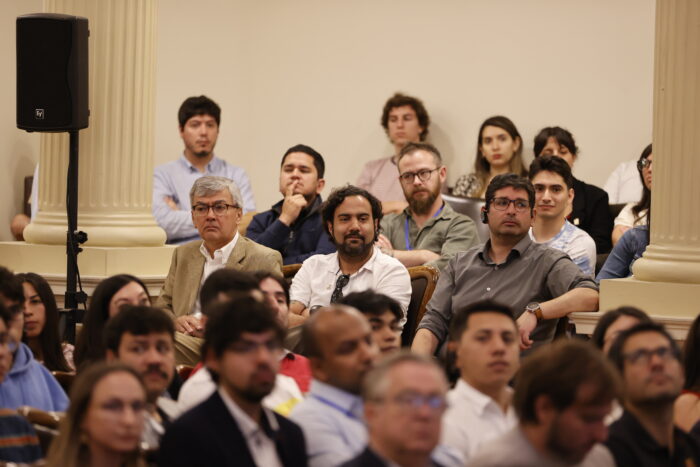
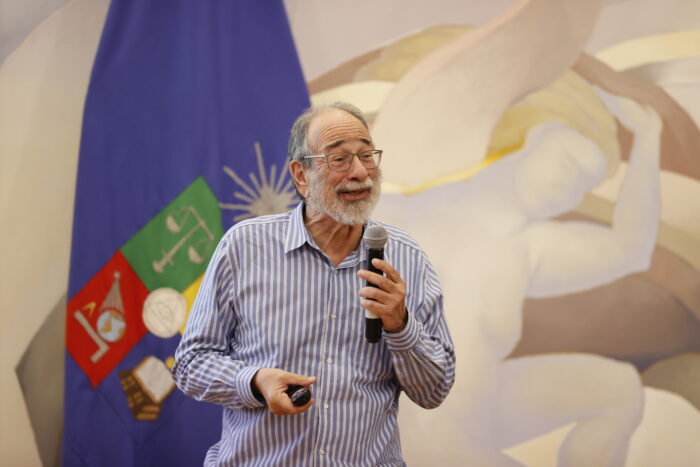
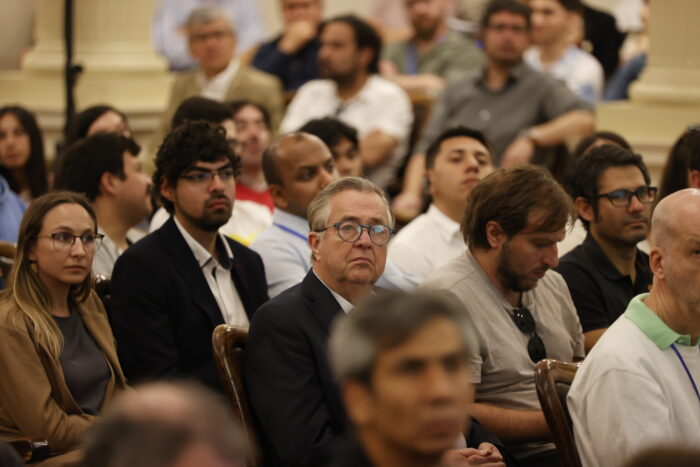

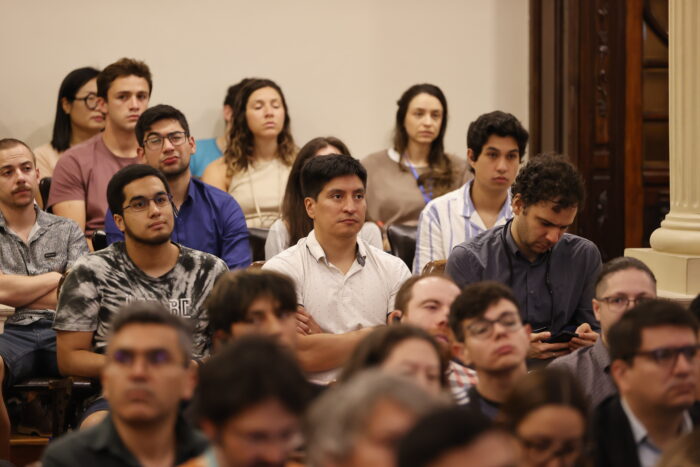
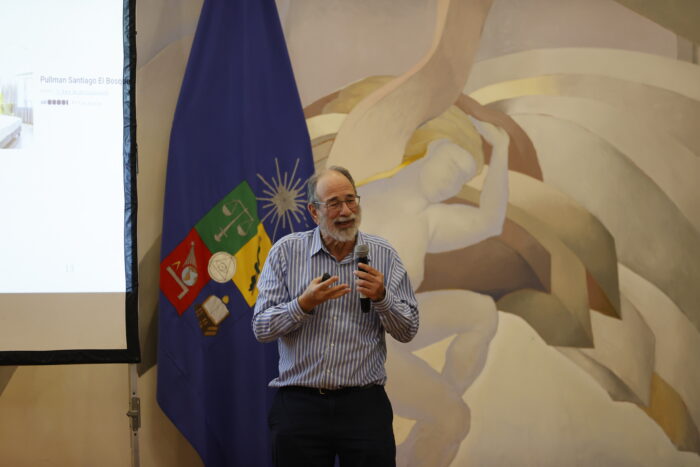
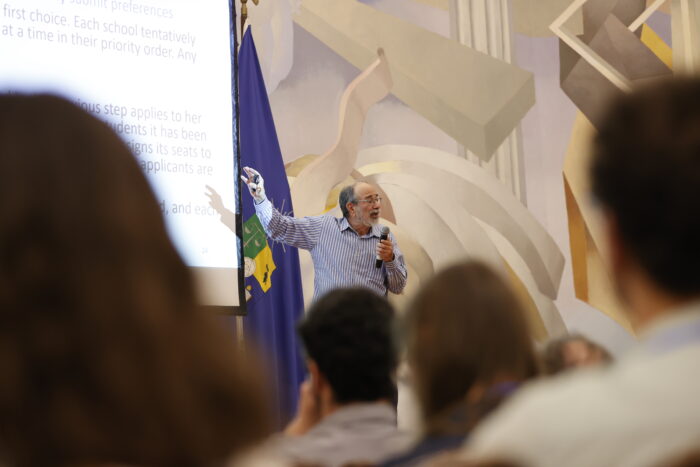
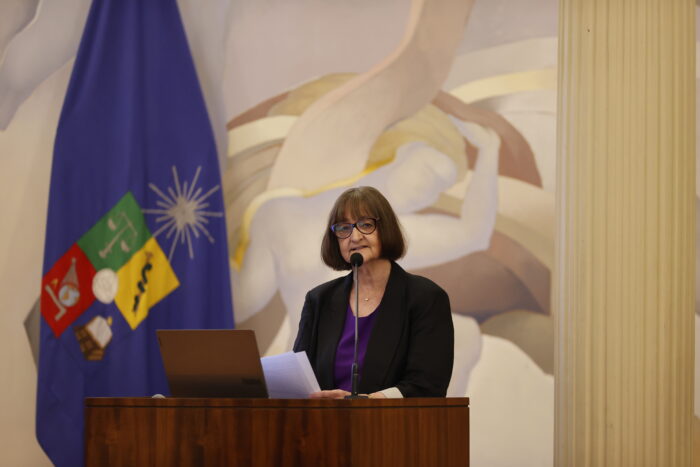
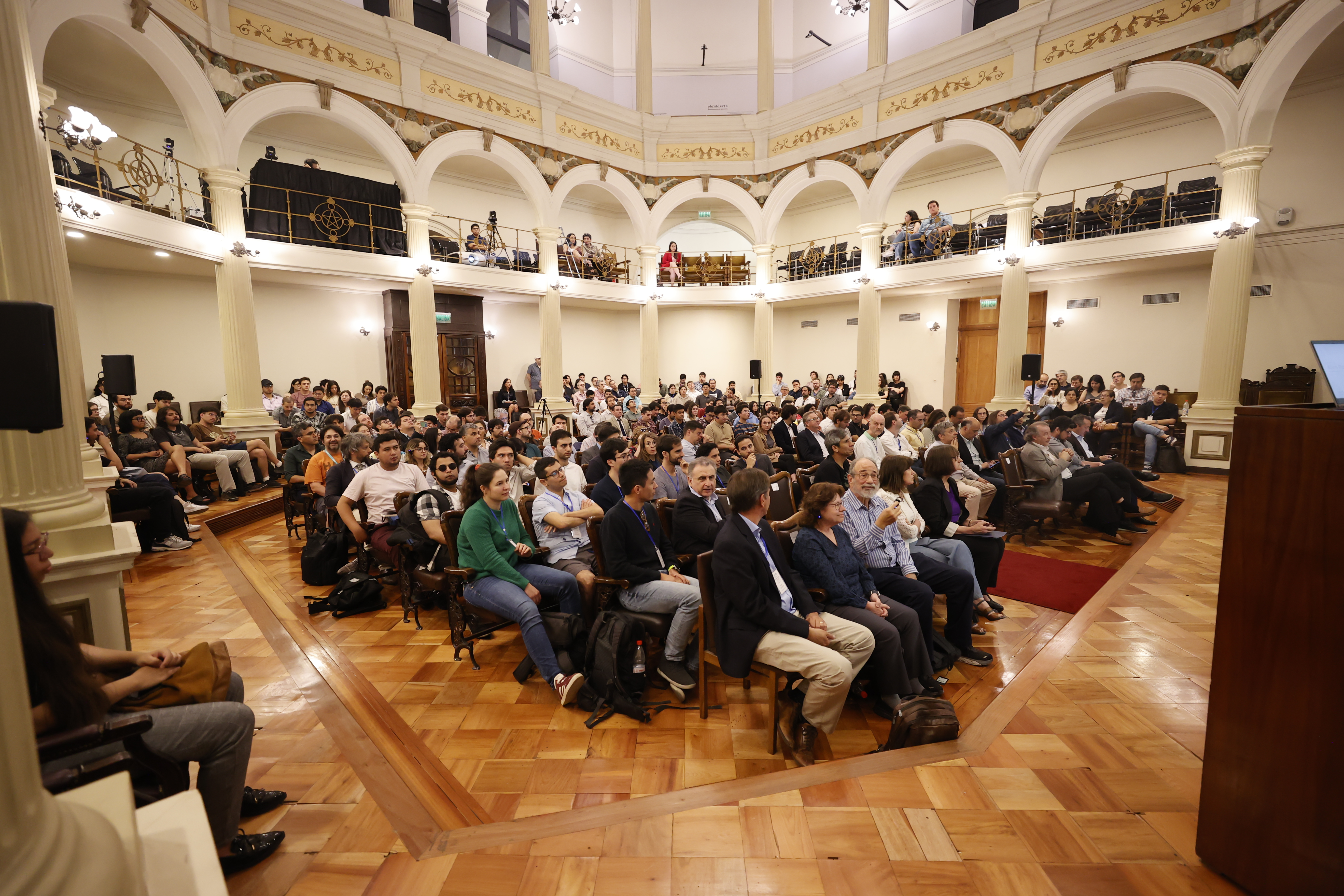
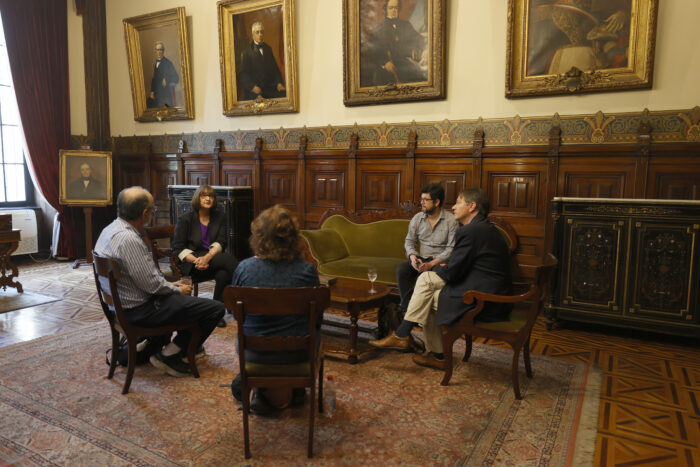

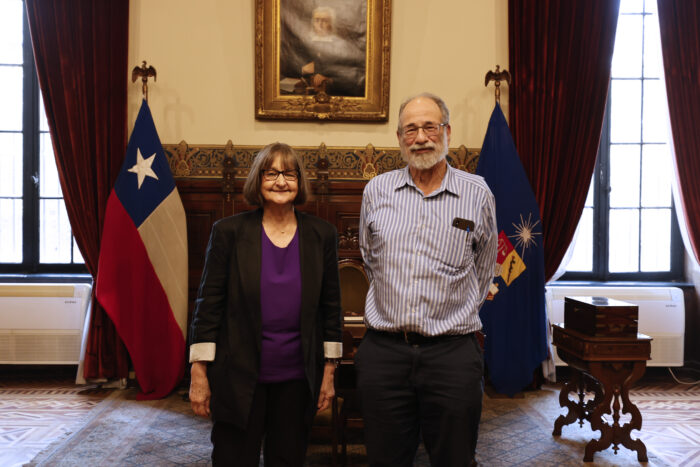
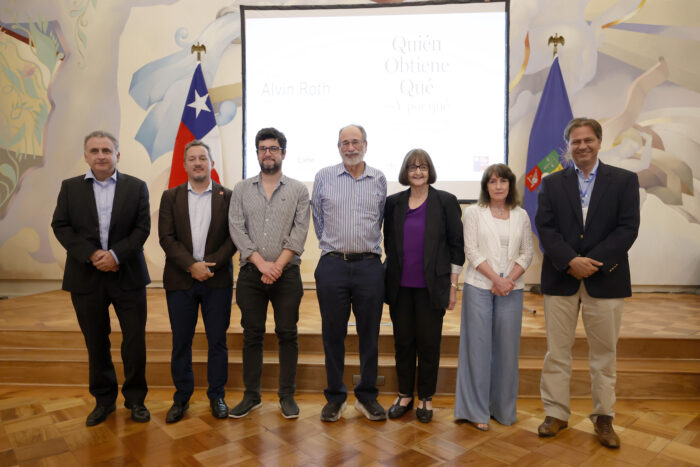
MIPP Chile 2025